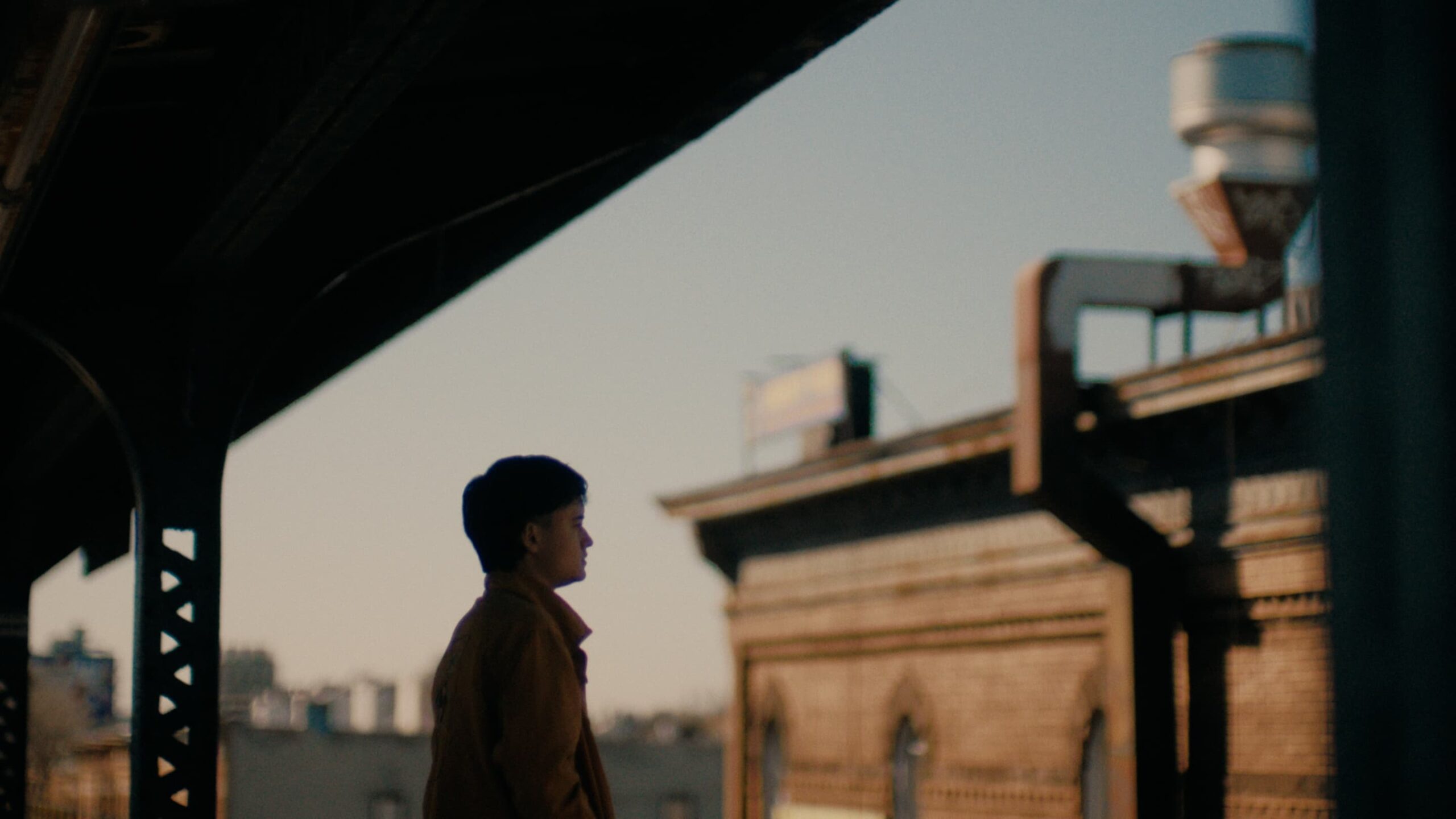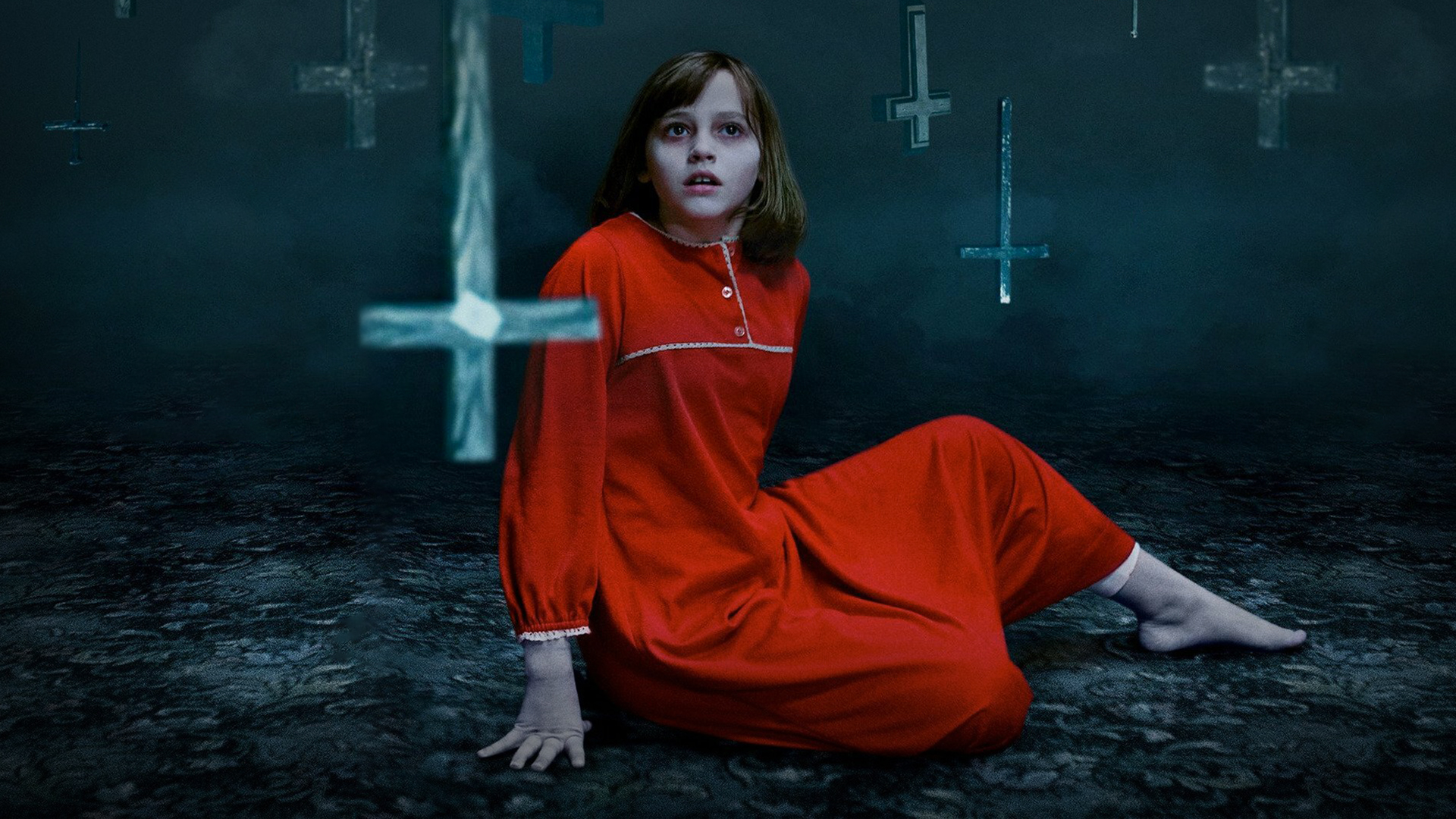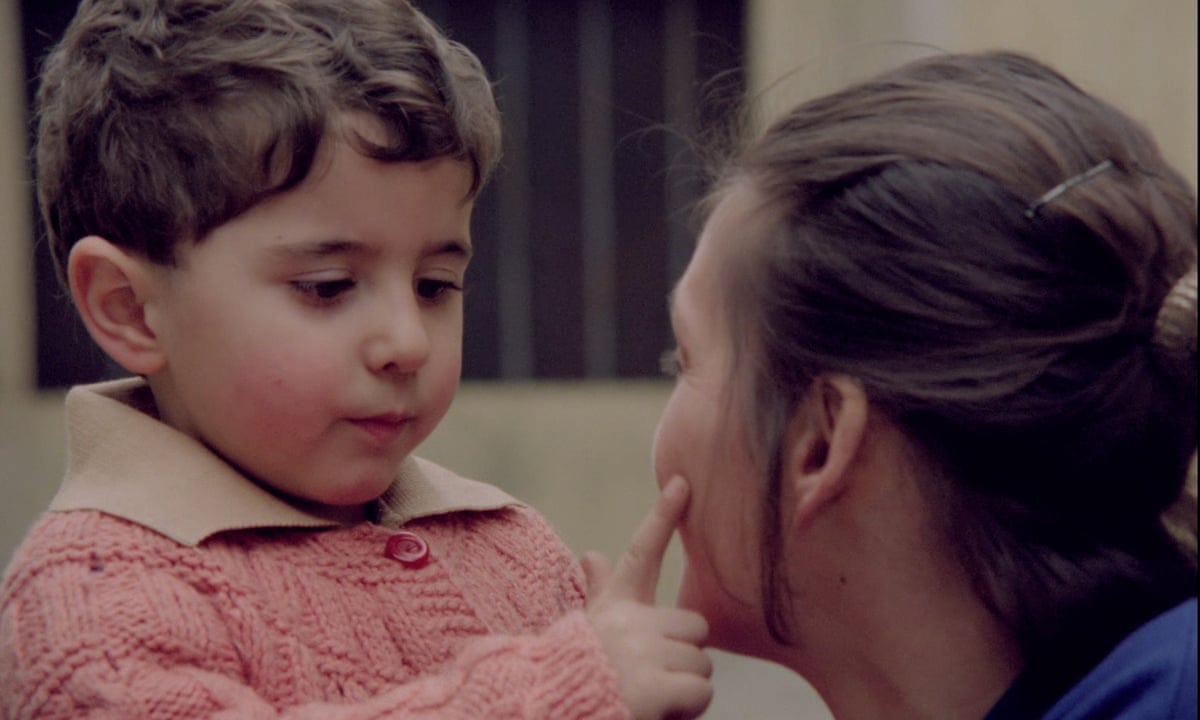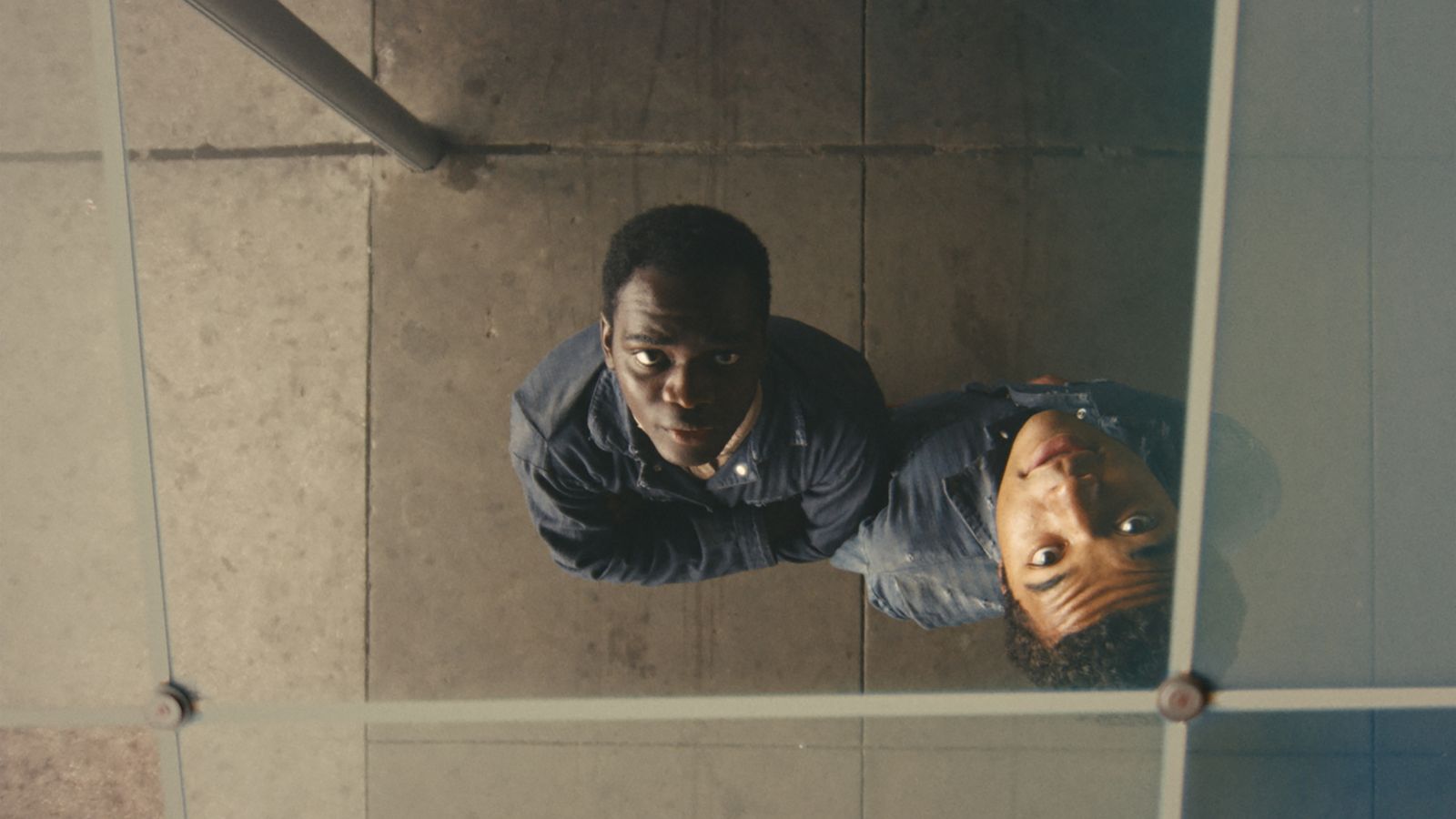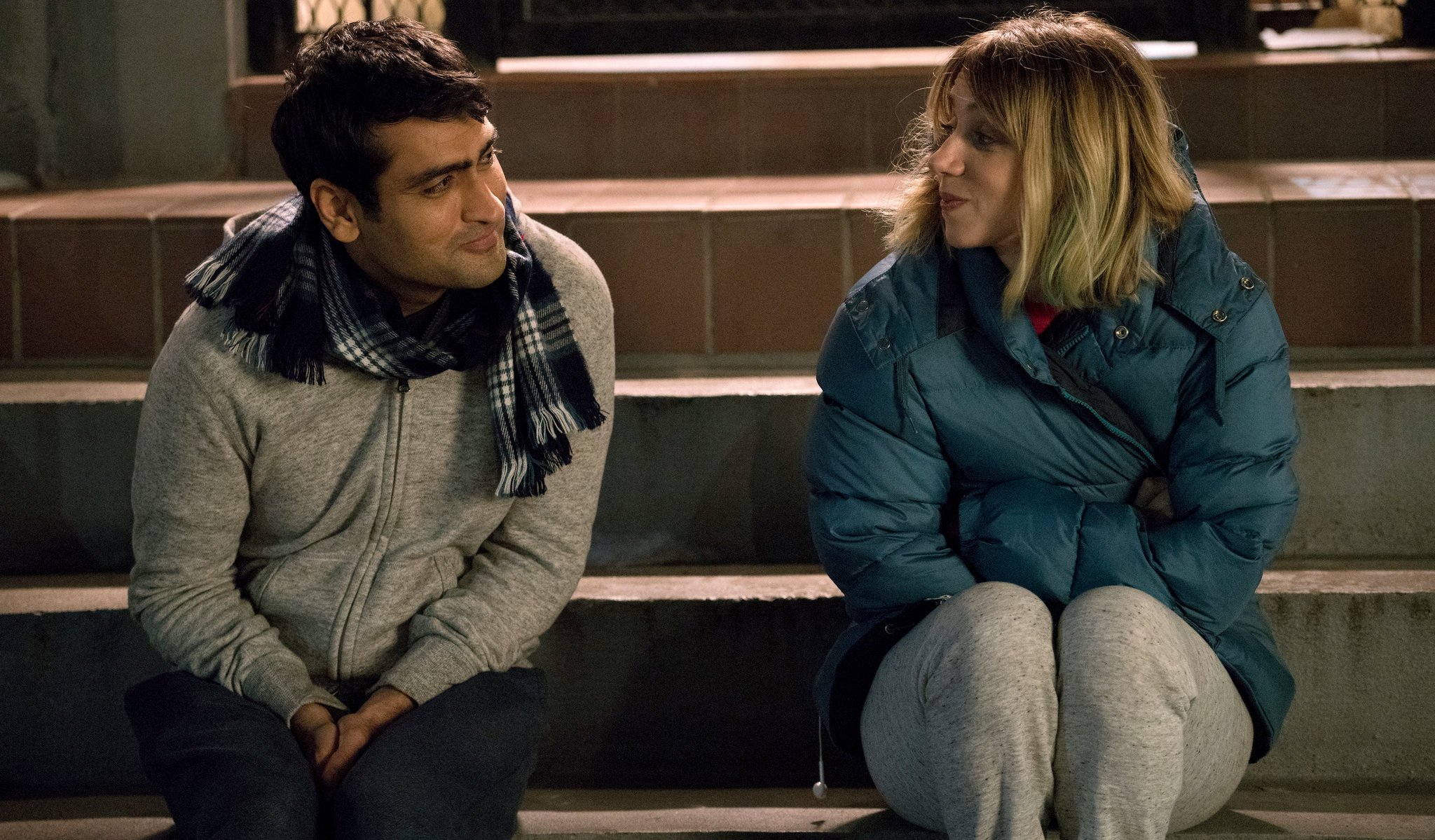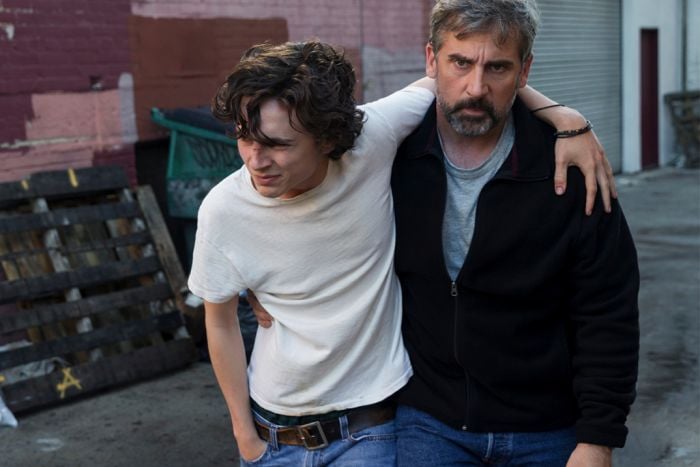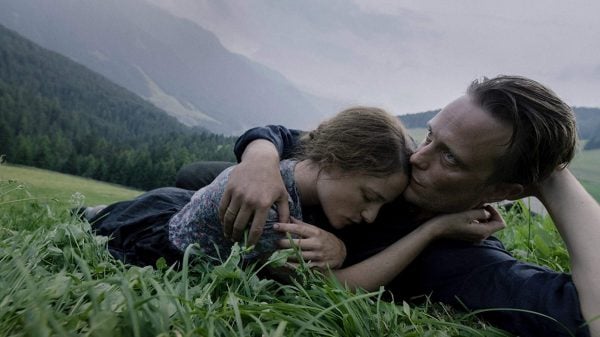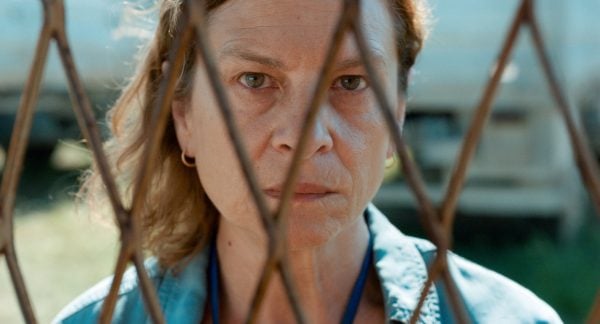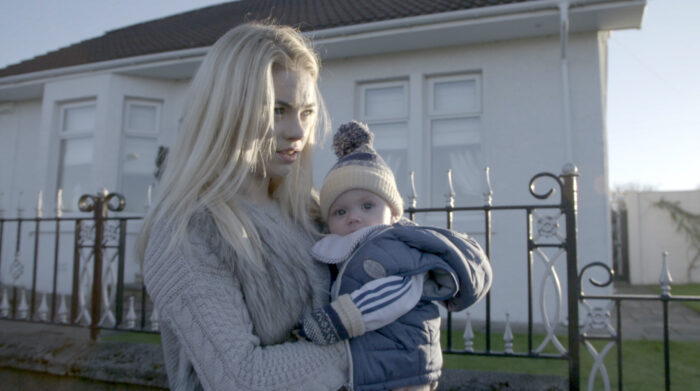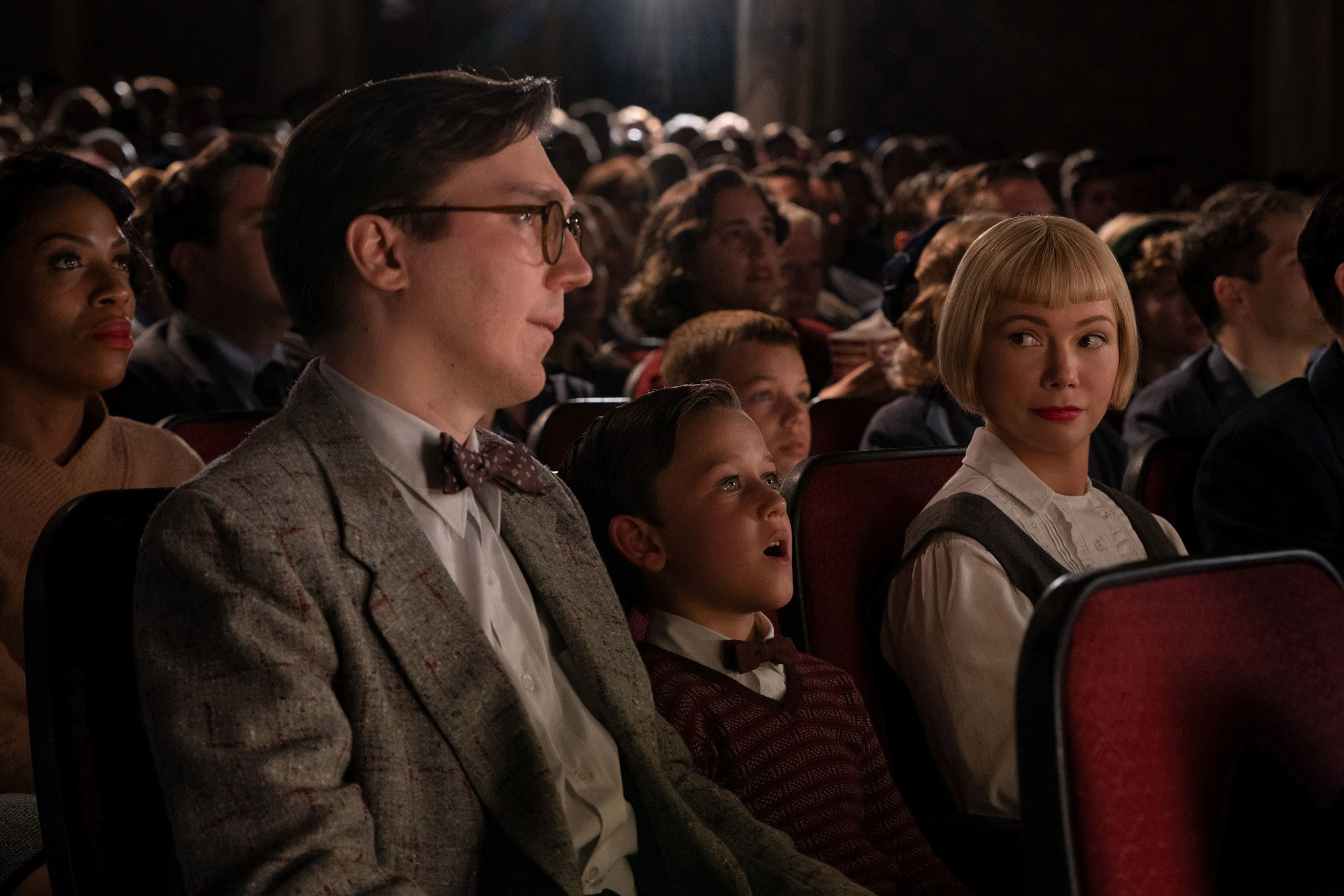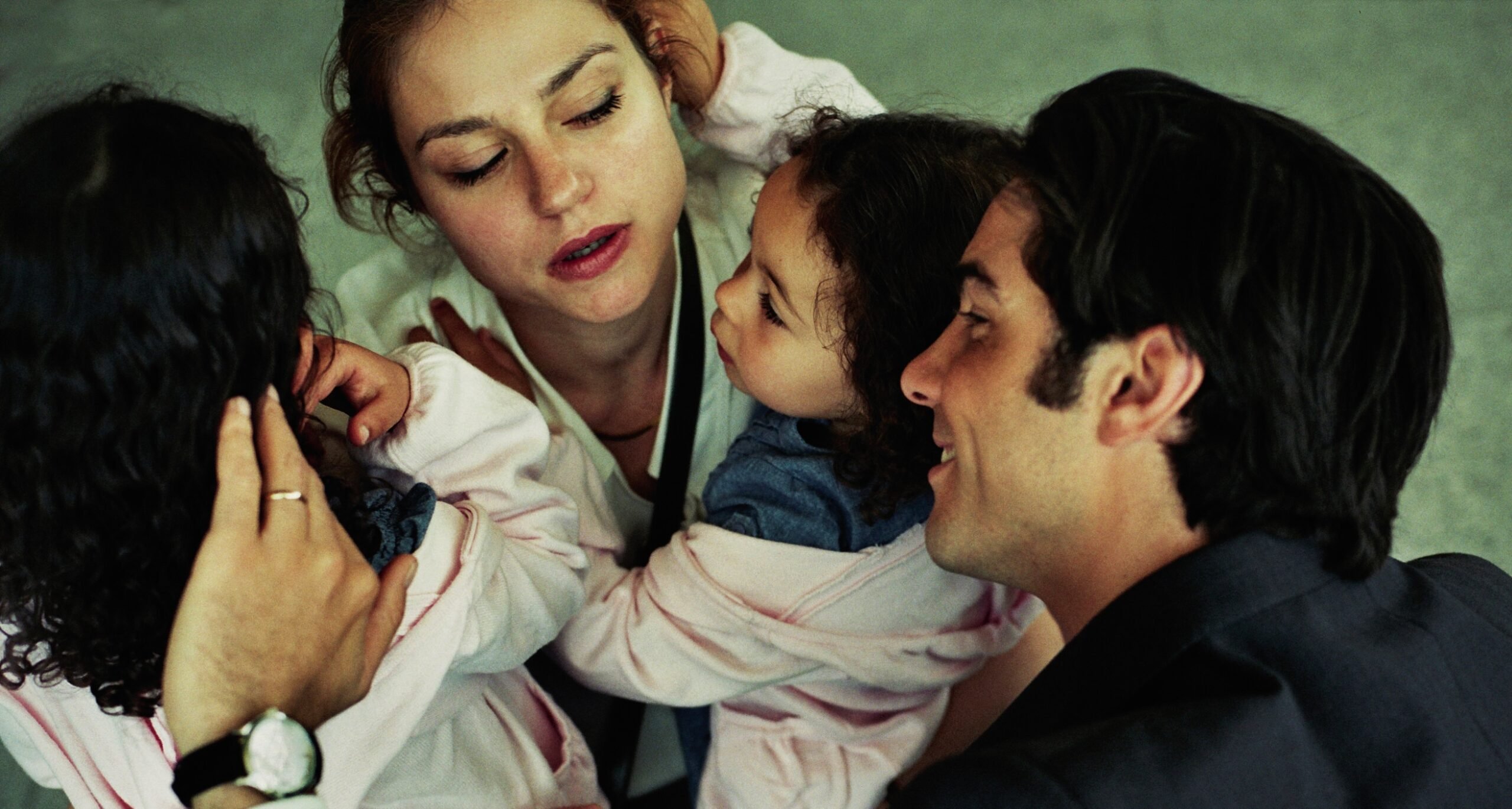
90 Best Movies Based on True Stories
April 8, 2025
Share:
Every now and then, a movie will come up with such incredible feats and unimaginable plot twists, you’ll swear it couldn’t be more unrealistic. Only in the movies, you think, can two murderers be spared for their vaudeville act or a person’s memory be reset each day. But just before the credits roll, a notice flashes onscreen: the events you just saw, outrageous as they may seem, were based on a true story.
Sometimes, the announcement doesn’t even make it in the film and you find out, mouth agape, after the fact. Other times, you come in knowing that this is all true—it’s a biopic after all, or a docudrama—but you leave in fervent disbelief that any of this transpired in real life. Whatever the case may be, it’s undeniable that it takes a special kind of skill to make a movie out of actual events. So below, we’ve gathered the best movies you can watch right now that have their roots in reality.
Read also:
51. Mutt (2023)
Genres
Director
Actors
Moods
Just based off its title, Mutt is already a film that tackles a state of in-between, and perhaps what makes it already precious is how honest and personal it can get, while remaining a good fictional story. This striking debut took Chilean-Serbian filmmaker Vuk Lungulov-Klotz more than six years to make, at least from the initial stages of the script as he was working through his own transition, how that felt and how he dealt with it in life and art. That said, Mutt is a film that stands on its own feet, without the need for any such context: the script, the performances, the frantic pacing of it, they are all top-level stuff. A generous, open film that has its trans protagonist be who they are, whatever that may be, and gives as much insight as it allows for curiosity and empathy. If Mutt is educational in any way, it is through it’s apt storytelling and truthfulness that bleeds through the screen; its significance for trans cinema cannot be overstated, but it is also once of the most accomplished debuts of 2023.
52. The Conjuring 2 (2016)
Genres
Director
Actors
Moods
After the successful run of the first instalment, The Conjuring 2 brings back lead couple Ed and Lorraine Warren for yet another real life-based case of demonic possession. This time, it’s the Enfield poltergeist, a case which gained popularity in the London Borough of Enfield between 1977 and 1979, and while the Warrens in the film show reluctance to take on a new job amongst growing skepticism, we’re so glad they did so in the end. The franchise’s second chapter is perfectly built: a good amount of character establishment, a fair bit of rekindling allegiance with the Warrens, and a lot of ingenious scaries. What makes The Conjuring 2 a pitch-perfect horror of its kind is precisely this multivalence, combining empathetic characters and well-crafted, yet extremely disturbing visuals. When the supposedly simple case becomes a fight between good and proper evil, the film shifts gear to an obscenely dark, vengeful mode. You can’t tell from its beginning, but the second Conjuring is even more proficient, deeply troubling, and most of all, bold in the way it renders the possession horror genre a canonical must.
53. Don’t Let Them Shoot the Kite (1989)
Genres
Director
Actors
Moods
Originally a novel inspired by real life incarceration, Don’t Let Them Shoot the Kite is actually much more optimistic than a prison stay would seem to be. Much of that lighter mood comes from an outstanding performance– Ozan Bilen, who portrays Barış, the precocious boy that lives in the prison with his mom due to a quirk of Turkish law– but the lighter mood isn’t due to ignoring the prisoners’ reality. Instead, the lightness comes because of understanding that reality fully. Despite the suspicion of the prison guards, and the way the camera makes the prison walls loom, Barış still manages to fuel some hope through straightforward, simple truths unfiltered by the tedium and mores of everyday life, and the fear people grow to learn about. Truth truly comes out of the mouths of babes in this film, and it’s what makes Don’t Let Them Shoot the Kite a classic of Turkish cinema.
54. Nickel Boys (2024)
Genres
Director
Actors
Moods
The first things that grab your attention in Nickel Boys are its beauty and technicality. Director RaMell Ross, a large-format photographer, ensures every frame relays something deep, intimate, and moving. Then there’s how he takes these shots: we see things unfold through the POV of Elwood and Turner, students at an abusive reform school in Tallahassee, Florida. The year is 1962, and even though the civil rights movement inspires Elwood and his peers to stand up for themselves, the political climate is as skewed and violent as ever. Nickel Boys tells the unfortunately common story of how Black men, in particular, had to endure unimaginable abuse during the Jim Crow era in the South. What is uncommon, though, is the sensitivity and boundless inventiveness with which Ross tells this story. Yes, violence is unavoidable in a story like this, but Ross swaps trauma porn with something more effective and chilling—a mixture of silence, archival photographs, time jumps, and that immersive POV, which forces you to be in Elwood and Turner’s shoes. The world before them may be brutal, but inside, they hold space for beauty, fun, relationships, and wonder, manifested in the film in dreamy visual sequences. What Ross does is art in the highest form, an unforgettable balance between style and substance.
55. The Big Sick (2017)
Genres
Director
Actors
Moods
A revelation of a movie, both in filmmaking and commercial success. While little-known abroad, it has made more than $42 million in US Box Office revenue out of a tiny $5 million budget. Kumail Nanjiani, stand-up comedian and star of the show Silicon Valley, tells his own story of romance with his now-wife Emily V. Gordon (who co-wrote the movie). Because it is based on a true story, and because it is the product of the love of both its writers and stars, this movie is incredibly heartfelt. It is also timely, addressing heavy themes such as identity, immigration, and family relationships. Not to mention it is absolutely hilarious. And it’s produced by Judd Apatow. Trust me and go watch it.
56. Beautiful Boy (2018)
Genres
Director
Actors
Moods
Steve Carrell delivers an amazing performance here. Beautiful Boy is a movie that is based on a true story that first appeared as a best-selling serialized memoir.
It’s about a son’s journey through drug abuse and how his relationship with his father evolves. The son is played by Timothée Chalamet (Call Me By Your Name), Carrell is the dad.
As you can probably guess, the themes of drug addiction and family are made to induce tears, which this movie manages to do in a lot of ways. It can come across as somewhat emotionally manipulative at times. In those moments, it helps to remind oneself that it is based on a true story.
The performances and the exploration of the limits of the father-son relationship remain the reasons why you should consider watching this movie.
57. A Hidden Life (2019)
Genres
Director
Actors
Moods
Terrence Malick (The Tree of Life) is back in full form with this three-hour movie based on a true story. His creation has one of the most beautiful depictions of happiness ever seen in film, portraying the simple yet joyous life of a farmer in the Austrian mountains. You’d have to see it for yourself to understand, but how Malick depicts this character’s love for his wife (and her love for him), their children, and even their farming rituals are nothing short of cinematic wizardry.
This peaceful existence changes when World War 2 intensifies and this farmer is called to serve for the Nazis. He refuses to enroll out of principle and puts himself and his family at great danger and alienation from their village. The question at the center of the film is one that other villagers and the church ask him a lot: what good can his actions do? And the title of the movie is taken from A George Eliot quote: “The growing good of the world is partly dependent on unhistoric acts; and that things are not so ill with you and me as they might have been, is half owing to the number who lived faithfully a hidden life, and rest in unvisited tombs.”
58. Quo Vadis Aida? (2020)
Genres
Director
Actors
Moods
This Oscar-nominated drama tells the story of the events leading up to the Srebrenica massacre, in which 8372 Bosnian Muslims were killed. It focuses on one U.N. worker who was caught between trying to protect her family, herself, and helping people in need.
The film is as horrific as it is relevant: up until the actual killing starts, people are constantly being assured that everything is under control and that there is no reason to panic. This gives an eerie feeling of resemblance to the tone many minorities in distress receive nowadays.
Still, Quo Vadis, Aida? stops at depicting any of the acts that were committed that day. Instead, it focuses on Aida’s unrelenting race against the clock to save whatever she can.
59. Scheme Birds (2019)
Genres
Director
Moods
In Motherwell, you either “get locked up or knocked up,” or so says Gemma, a teenager on the cusp of adulthood growing up in an old Scottish steel town. Gemma runs among a tight-knit group of friends, at the center of which is ordinary mischief, routine, and roughhousing. And beneath that lies a certain kind of everyday violence.
As Gemma enters young motherhood, she reckons with how to reconcile her own aggressions with the protective tenderness she feels toward her newborn. Beautifully and thoughtfully directed by Ellen Fiske and Ellinor Hallin, Scheme Birds never feels invasive. Rather, their documentary lets Gemma speak for herself—and in doing so, illuminates not just her life, but the complicated lives that intersect hers, too.
60. The Fabelmans (2022)
Genres
Director
Actors
Moods
The Fabelmans is often described as director Steven Spielberg’s semi-autobiographical movie about his inauguration into filmmaking, and while it certainly is that, I’d venture to say that it also functions as a universal coming-of-age tale, with protagonist and Spielberg stand-in Sammy Fabelman (Gabriel LaBelle) learning harsh truths about identity, family, and passion for the first time.
Here, we see how so much of filmmaking is intertwined with his life, and how the movies inspire his personality (and vice versa). Whether you’re a fan of Spielberg or not, this movie will surely win you over with its beautiful imagery, impressive technique, and big, big heart.
Comments
Add a comment
Ready to cut the cord?
Here are the 12 cheapest Live TV streaming services for cord-cutting.
More lists
Lists on how to save money by cutting the cord.
Curated by humans, not algorithms.
© 2025 A Good Movie to Watch. Altona Studio, LLC, all rights reserved.
